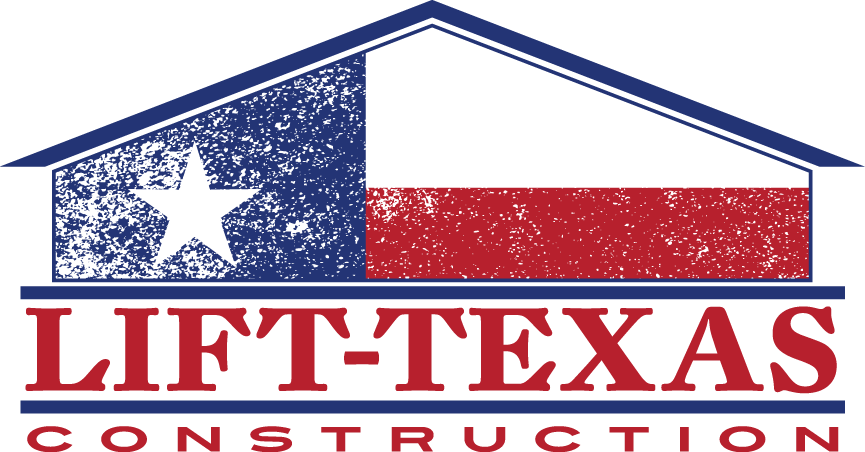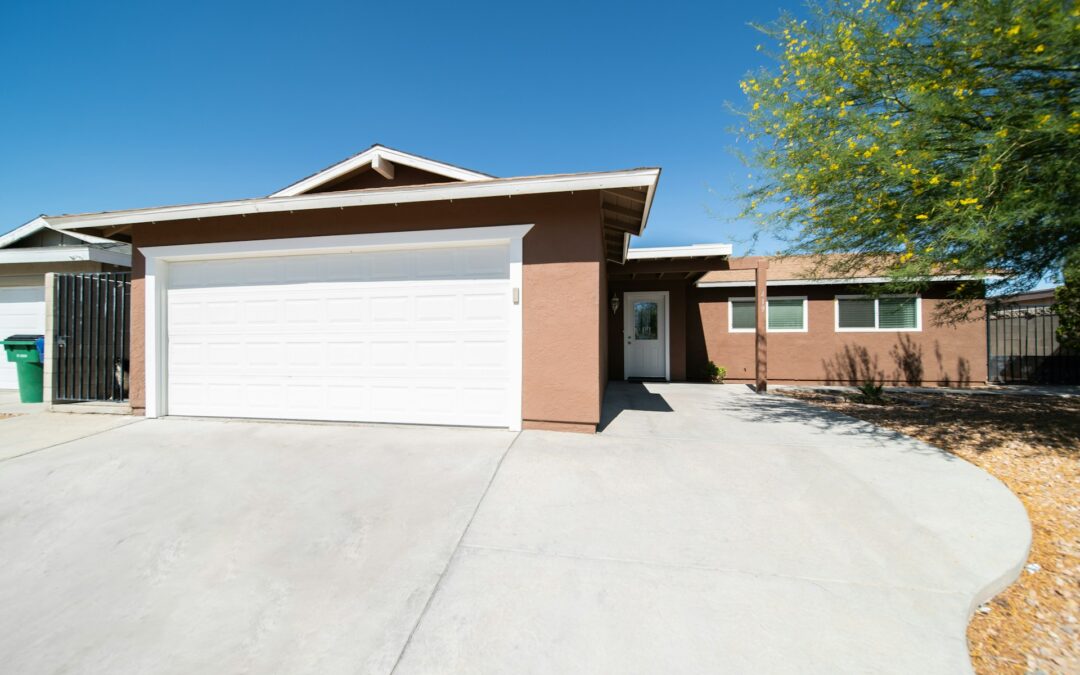Water drainage plays a significant role in the stability of your concrete driveway. If you’re a homeowner in DFW, you’ve probably noticed how varying weather and soil conditions can impact your property’s concrete surfaces. From scorching summers to unexpected downpours, the local environment can be unpredictable. This unpredictability can create problems that challenge the durability of driveways. When water doesn’t drain properly, it can seep into the ground, creating issues that may not be immediately visible but can lead to noticeable problems over time.
Maintaining the stability of your driveway is crucial for its longevity and usability. A well-maintained driveway not only looks good but also adds to the value of your property. Poor drainage is often the culprit when cracks and uneven surfaces appear. This article outlines how water affects concrete structures and offers solutions for maintaining your driveway’s stability. Understanding these factors and taking preventive steps can help extend the life of your driveway, keeping it safe for everyday use.
Understanding Water Drainage
Water drainage is all about effectively channeling water away from certain areas to prevent damage. It sounds simple, but improper drainage can lead to a range of problems that affect your home’s foundational structures. In urban settings like DFW, where heavy rains can overwhelm drainage systems, recognizing common drainage problems helps in taking proactive measures. These issues can range from clogged drains to landscaping patterns that don’t support natural water flow.
Poor drainage causes water to pool under concrete surfaces. When water doesn’t get routed away effectively, it seeps into the ground, affecting the soil under your driveway. Here, the local clay soil can expand when wet and contract when dry. This movement can lead to the soil shifting and settling, eventually causing the concrete above to crack and become uneven.
To avoid these problems, ensure proper drainage around your driveway with these simple tips:
– Check that your gutters are clean and functioning well to direct water away from the driveway.
– Install downspouts that guide water away from the foundation and direct it toward drainage paths.
– Create gentle slopes in the landscape to encourage water flow towards designated drainage areas.
– Regularly inspect drains and remove any debris that might obstruct water flow.
These strategies focus on everyday solutions to keep water from compromising the integrity of your concrete driveway. By maintaining proper drainage, you address the root cause of many common concrete problems, preserving the stability and appearance of your driveway.
Effects of Poor Water Drainage on Concrete Driveways
Understanding what happens when water drainage is poor can save you from future headaches. When water is allowed to sit around your driveway, it starts to erode the soil underneath. Picture how water flow can carve out canyons in the earth over time. Now, imagine that happening beneath your driveway. Over time, this erosion creates space where there should be solid support, leading to cracks and uneven surfaces.
The local soil in DFW, largely composed of clay, adds another layer of complexity. This type of soil expands when it absorbs water and contracts when it dries out. So, when you have poor drainage, the soil goes through constant cycles of expansion and contraction. Think of it like stretching a rubber band repeatedly—eventually, it wears out. This shifting soil leads to structural problems, such as uneven driveways and visible cracks.
Watch out for signs like pooling water, visible cracks, or areas that seem to sink. These indicate that water isn’t draining properly and could be affecting your driveway’s stability. Recognizing these signals early helps prevent more extensive damage.
Preventing Water Drainage Problems
Taking a few preventive steps can significantly reduce the chances of water drainage causing issues with your driveway. Here are some simple actions to consider:
– Install and Maintain Gutters: Ensure gutters and downspouts are clear and direct water away from the foundation.
– Create Sloping: Design your landscape to slope away from the driveway, guiding water toward areas where it can drain harmlessly.
– Implement a Drainage System: Install French drains or other systems to help move excess water away.
Regular maintenance checks are vital. Inspect your drainage pathways for blockages or damage. And remember, the best time to address these issues is before they escalate.
Professional Help for Driveway Stability
Sometimes, despite your efforts, professional help may be necessary. If your driveway is persistently facing issues despite preventive measures, getting an expert opinion can be valuable. Professionals can assess the underlying problems and offer tailored solutions that you might not have considered. They have the tools and expertise needed to identify hard-to-spot problems that can save your driveway from further damage.
Keeping a concrete driveway stable links directly to keeping your home safe and maintaining its value. While managing some tasks independently is feasible, a professional assessment ensures that all potential issues get addressed comprehensively.
Keeping Your Driveway Stable Year-Round
Maintaining proper drainage around your driveway safeguards its stability and extends its life. Regular checks and timely repairs ensure everything remains in check year-round. Addressing drainage problems not only protects your driveway but also boosts your property’s curb appeal and safety.
By understanding the relationship between water drainage and concrete stability, you stand a better chance of preserving your driveway’s condition over time. A solid, well-kept driveway isn’t just a path to your home; it’s an investment in its overall structure and value. Taking simple, consistent actions today can prevent larger issues tomorrow.
Maintaining the stability of your driveway is essential for the safety and value of your home. If you’re noticing issues like cracks or uneven areas, it might be time to seek professional assistance. Explore how Lift-Texas Construction can help you level the concrete driveway with expert solutions. By addressing these concerns early, you can prevent further damage and keep your driveway in top condition.

